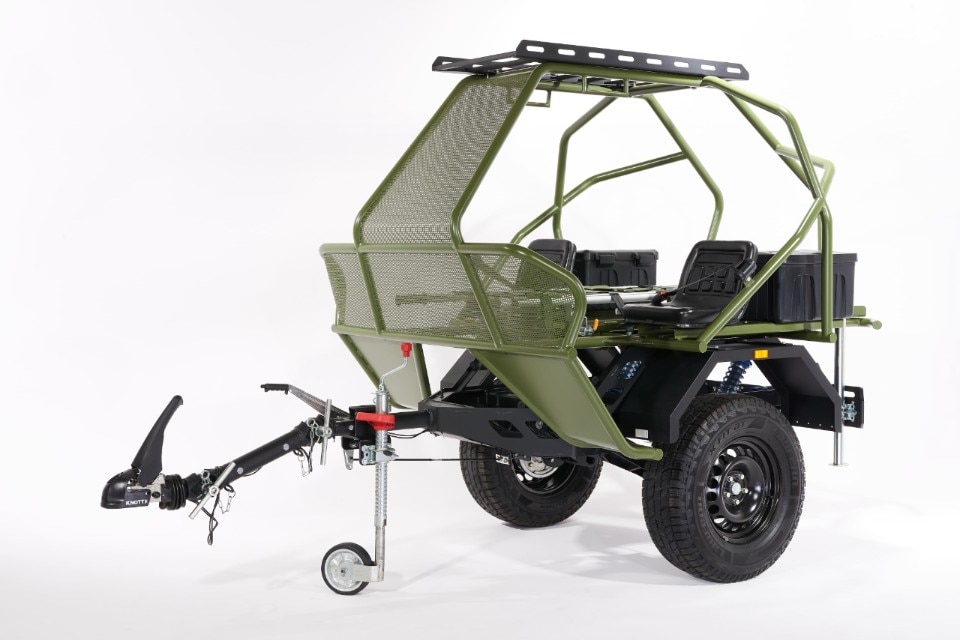Emergency devices that innovate healthcare design
They are also tackling another practical issue: “The medicine should undergo a sterilisation process within the shell, which would require specialised machinery and labour,” explains Yujin Chae. “However, we’re just students and don’t have the means to finance it. We hope to be able to sell the project’s intellectual property rights to an investor who can put it into mass production.” Indeed, it’s not easy to independently produce state-of-the-art medical devices on a large scale. One person who is well aware of this is Norah Magero, a Kenyan mechanical engineer specialised in off-the-grid cooling systems and the winner of the 2022 Africa Prize from the Royal Academy of Engineering. “In countries like Kenya, we prefer to buy technology from abroad rather than develop it locally,” says the 35-year-old.
Magero is the first Kenyan and second woman to be awarded by the British charitable organisation which, at the end of the pandemic, praised the considerable impact of her VacciBox: a small solar-powered refrigerator for safely preserving and transporting temperature-sensitive medicines. It can even be mounted on motorcycles or small boats to ensure cold-chain supply in rural areas and off-the-grid hospitals. Magero had already conceived an off-the-grid fridge for small-scale Kenyan farmers through her Drop Access NGO, and as a mother she has seen how complicated it is to vaccinate children in rural areas. She developed the project by founding a company in Nairobi (Drop Access Limited) with a group of colleagues, consultants and suppliers.



